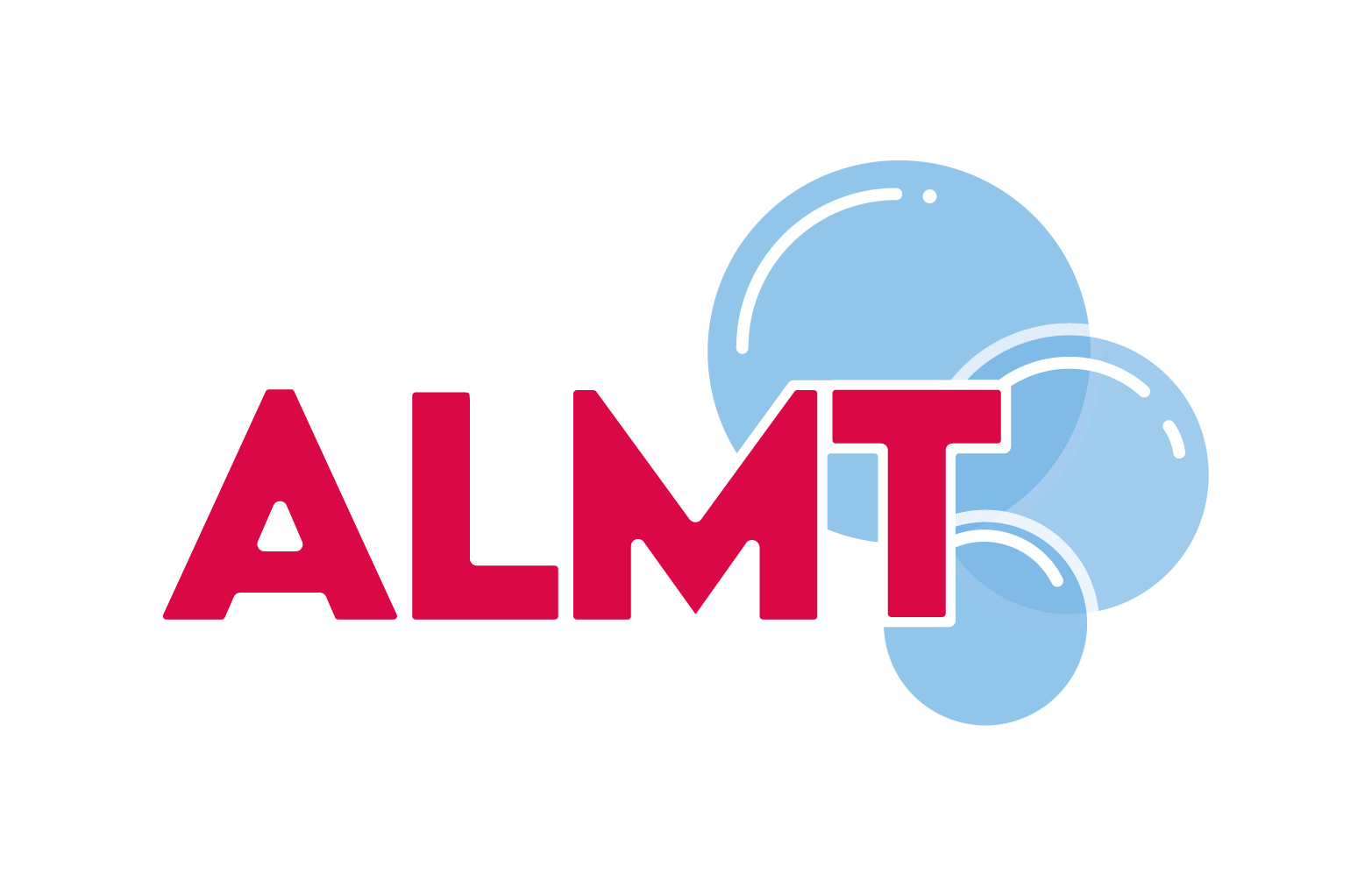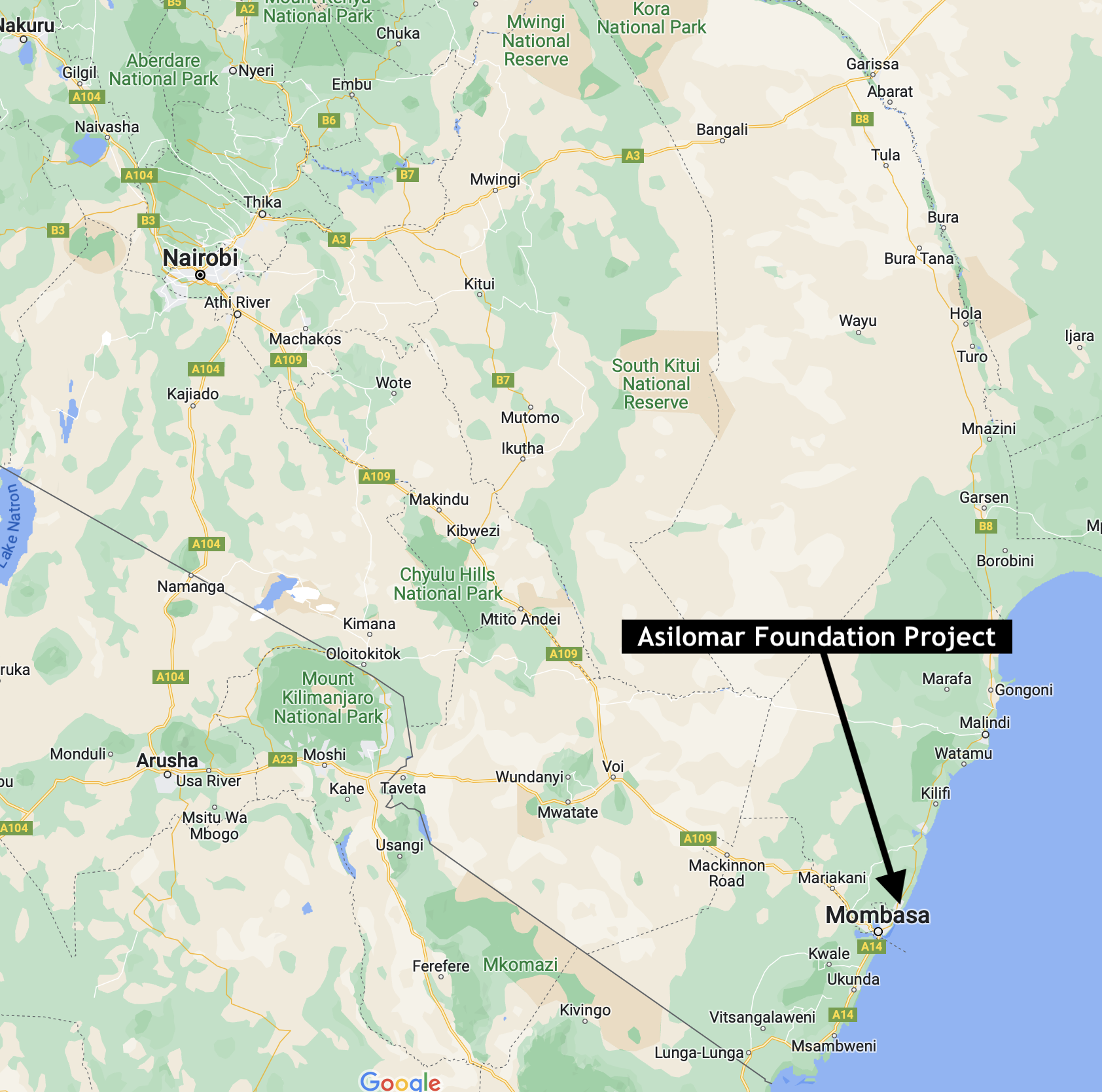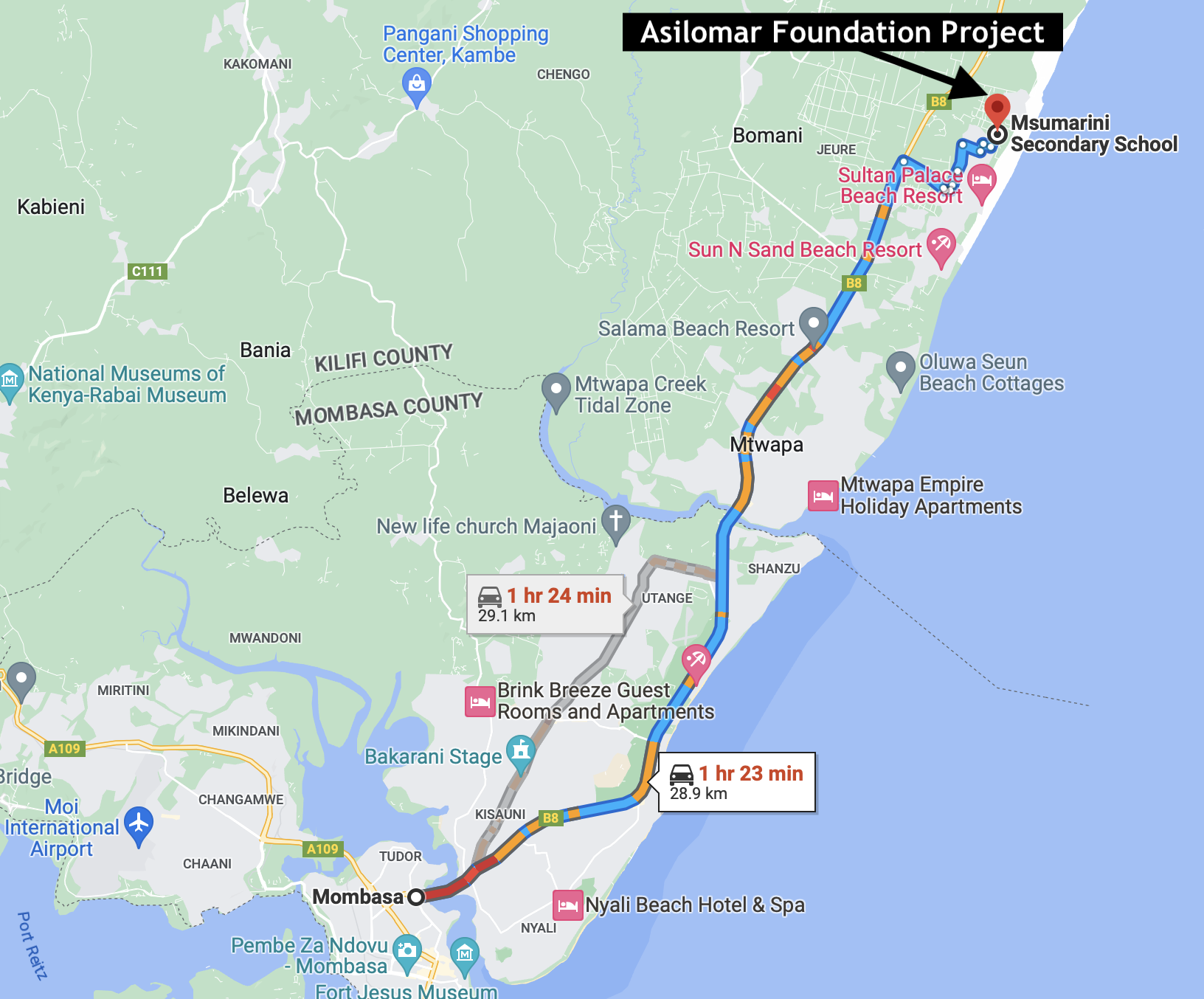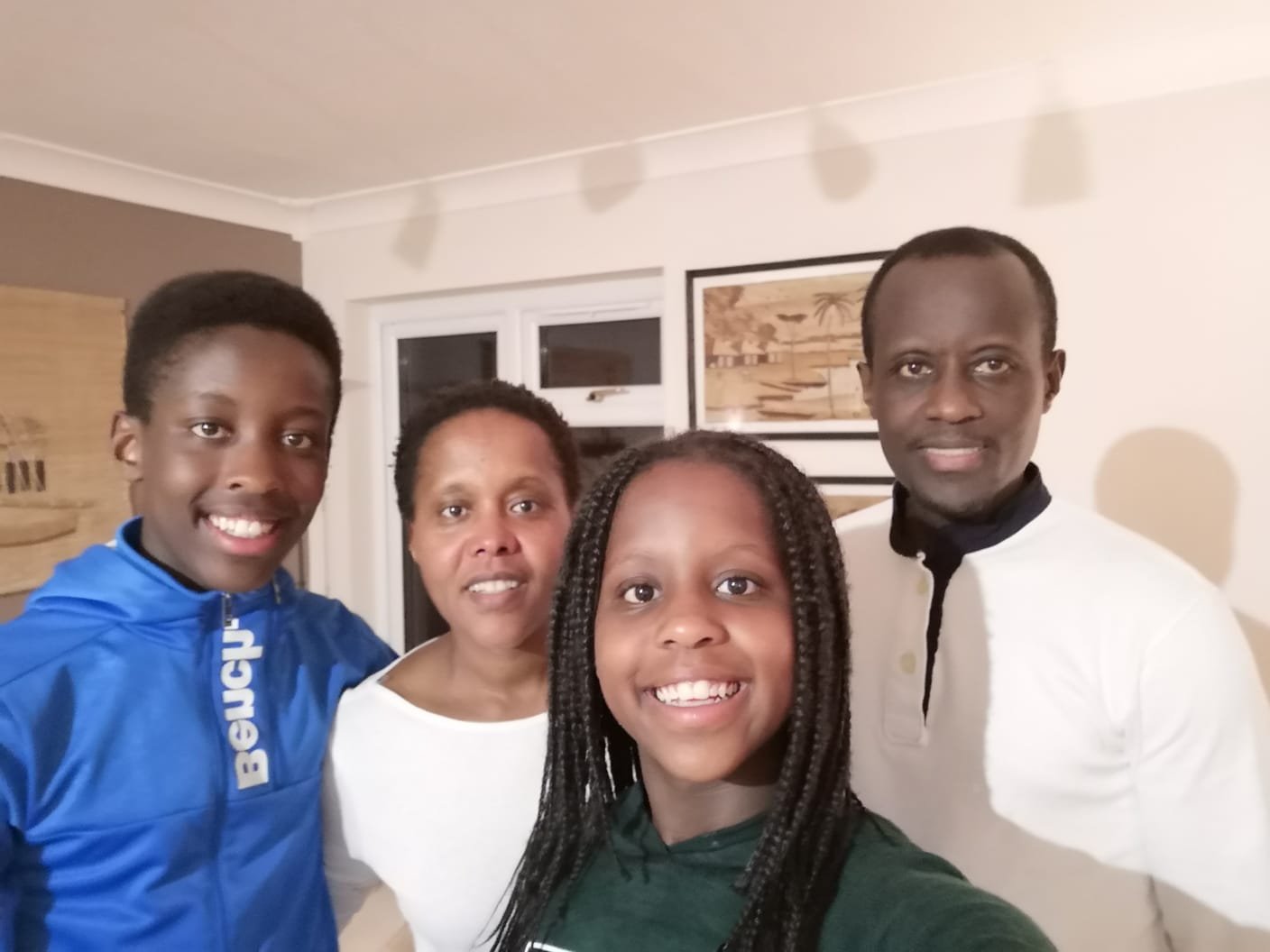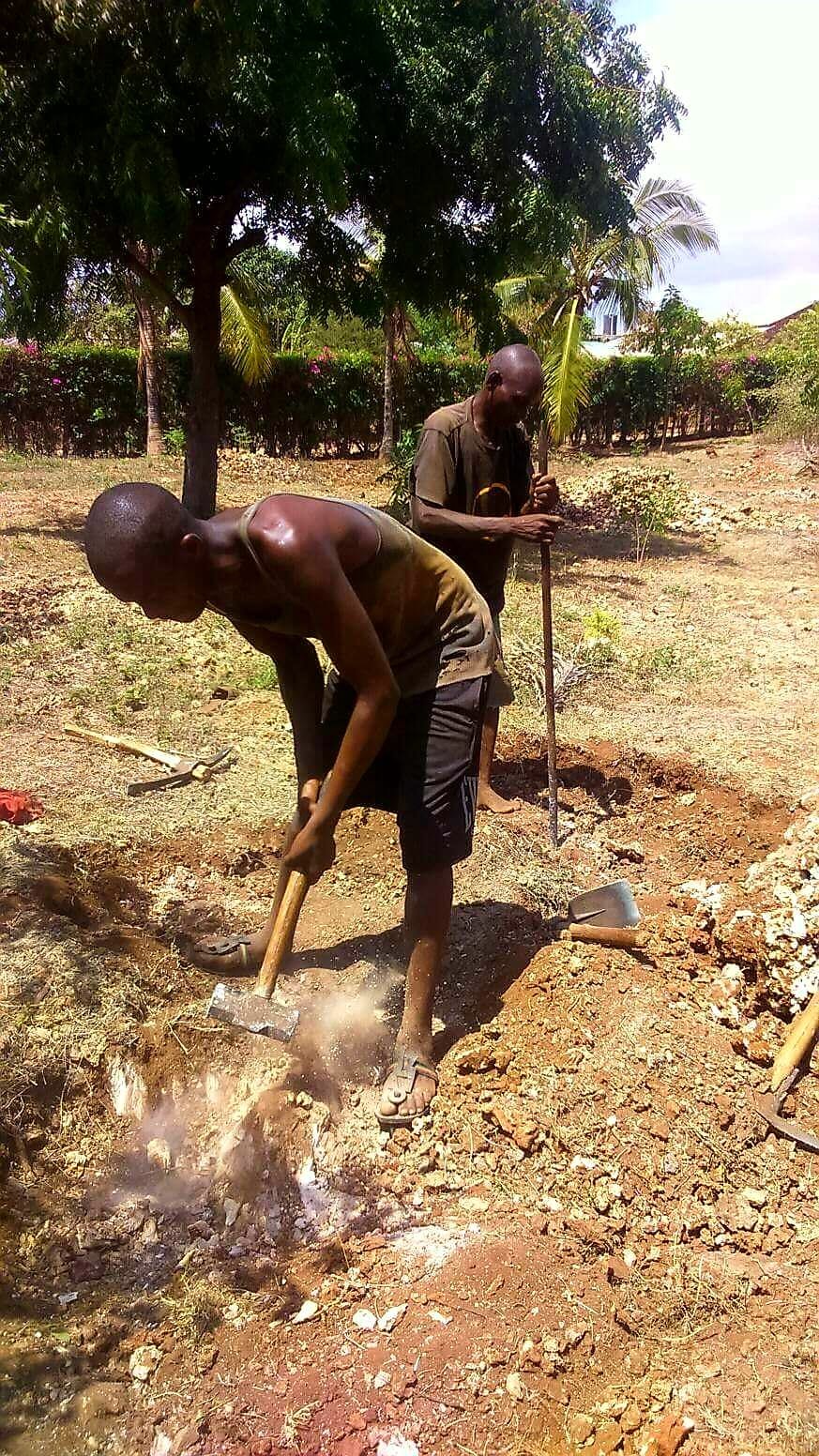Vision Statement
To help the Community at Msumarini to grow food and become self-sustainable.
We will demonstrate and illustrate, through example, how incorporating regenerative agriculture can increase food security.
Location
Who are we?
The Reverend Norbert Chumu Mutuku, and his wife, Mercy, a midwife, and their two children Stephen and Teresa have been living for a number of years in Bledlow Parish in Buckinghamshire, where Norbert has been serving as Vicar.
Norbert was ordained in 1994. He served in Kenya and the USA, and has been here in the UK since 2003.
Born and brought up in Kenya, Norbert returning to Kenya with his family in July 2023 to establish this project. They now live next to Msumarini Secondary School.
Norbert explains…
“When living in UK I tended to visit my home country of Kenya every other 2 years, mostly in August and sometimes in January. It appears that most of the places I visit are usually dry and not much going on in the farms. My visit in January 2021 was nothing like anything in my previous visits. I experienced the threat of human survival because of lack of food and degrading environment.
Most of the places I visited were in the midst of a serious drought due to lack of rain for 2 years. (This has become a common thing, I suppose due to climate change). Despite some of the areas being arable, nothing would grow without adequate rainfall but also without fertiliser... and if you have no money to buy fertiliser, you are doomed.
So on my flight back to the UK in January 2021 I had this incessant voice in my head saying...... There has to be another way!
As soon as I got home I started researching on different ways of farming and this is when I came across the term ‘Permaculture’. This is partly a form of regenerative way of farming that among other things focuses on rebuilding soil health and therefore optimising yield results and crop health naturally.
I have since gone on Permaculture courses and have done extensive reading which has led me to appreciate that regenerative agriculture is a solution to the challenge of life and sustenance posed by repetitive drought in some parts of Kenya.
Now is the time for me to go back home to Kenya to fulfil this dream I’ve had for a while now:- to help the people of my local community to grow food and become self-sustainable.
11 years ago Mercy and I acquired a 2 acre plot in this Village in circumstances that I thought were just by’ chance’ but I don’t see it that way anymore. I see synchronicity at work and I am getting convinced day by day that it was no accident we got this piece of land next to a school.
I intend this piece of land to be a demonstration site for the community and illustrate by example, how incorporating ways of regenerative agriculture can increase food security (that is my vision).
The project will be called “Asilomar Foundation” which is the name of our house and it means ‘refuge by the sea’.”
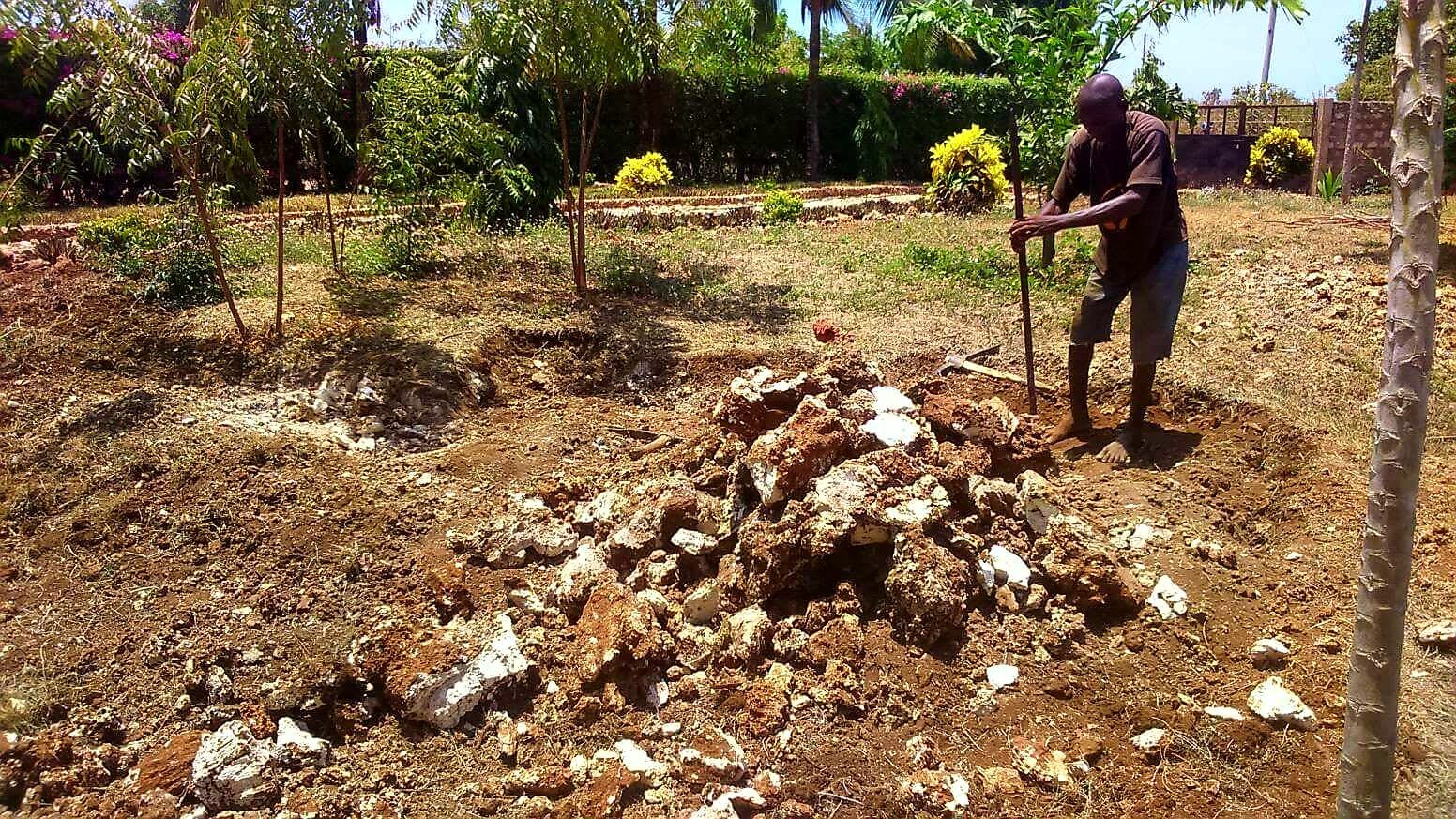
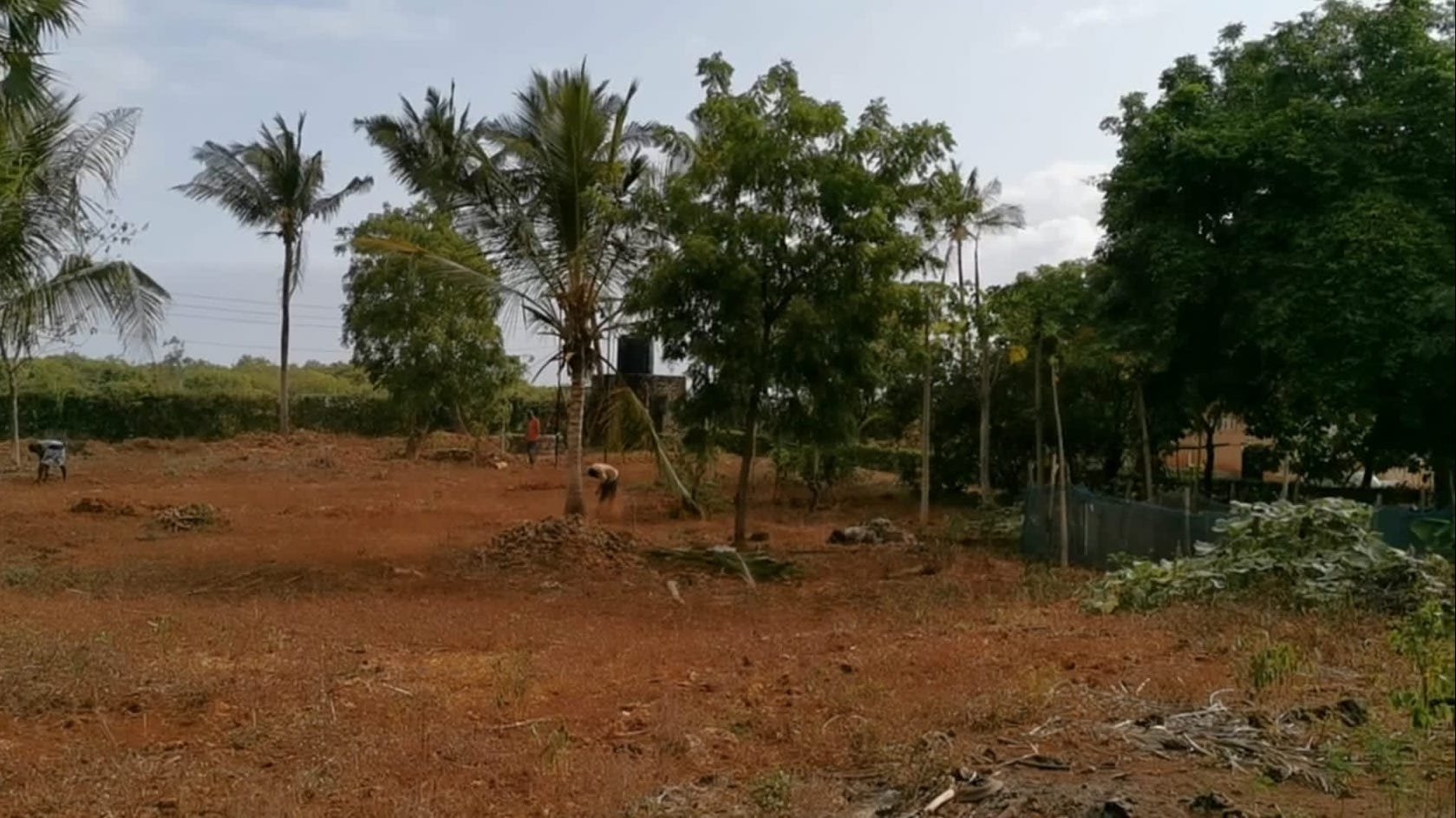
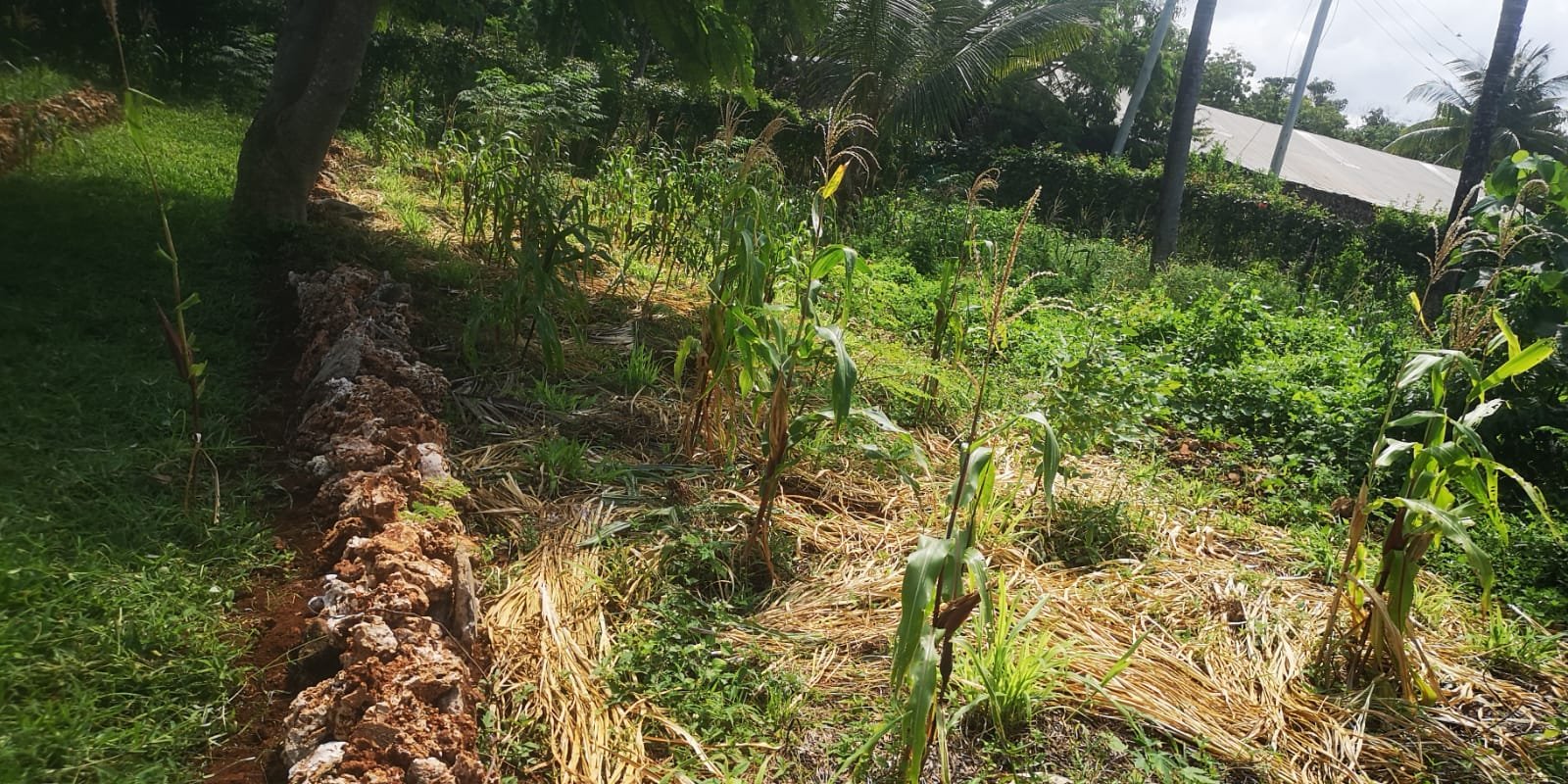
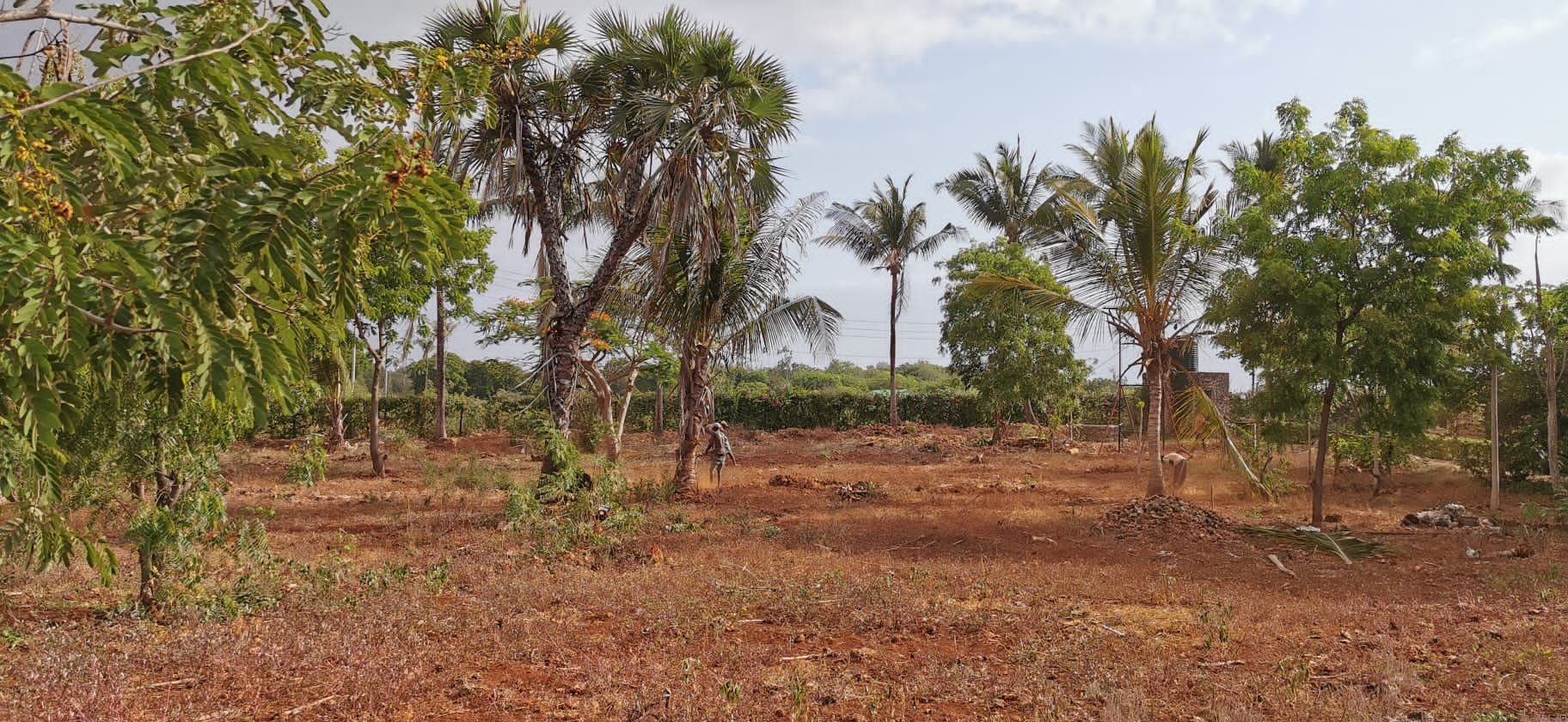
Purpose and Objective
This project will eventually support the Msumarini village community to establish home gardens. The project’s aim is to provide reliable access to food and increase livelihoods in an environmentally sustainable manner. The Majority of the people in the village are engaged in fishing but this is not a viable source of livelihood anymore with the sharp decrease of fish in the ocean due to poor fishing management practices. There are a few people who are engaged in subsistence farming. However poor farming practices such as widespread use of fertilisers and agrochemicals have resulted in the reduction of soil fertility and environmental degradation to the already rocky base ground.
The Asilomar Foundation will provide knowledge on sustainable agriculture practices while enabling increase in household food production and livelihoods. I see families eventually being able to grow enough to sell produce (particularly vegetables/salads) to the local tourist hotels. Norbert explains in this recent video….
Brochure
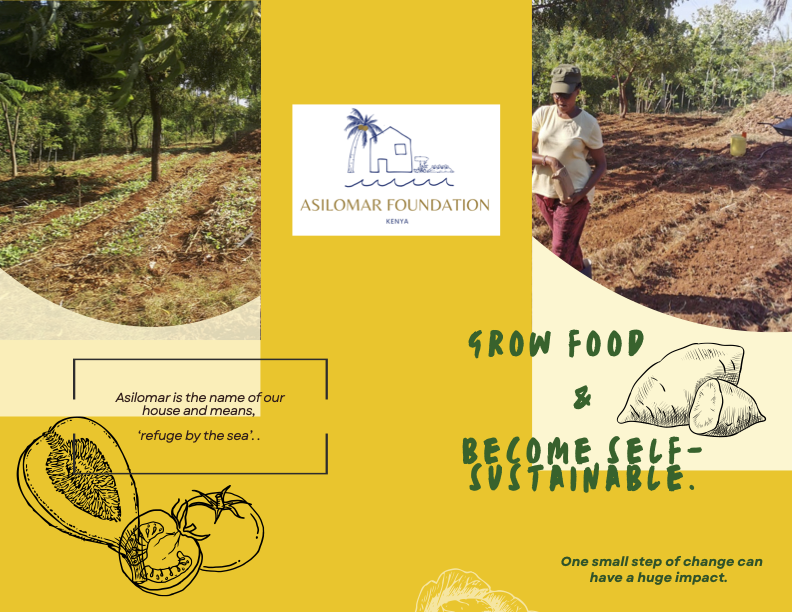
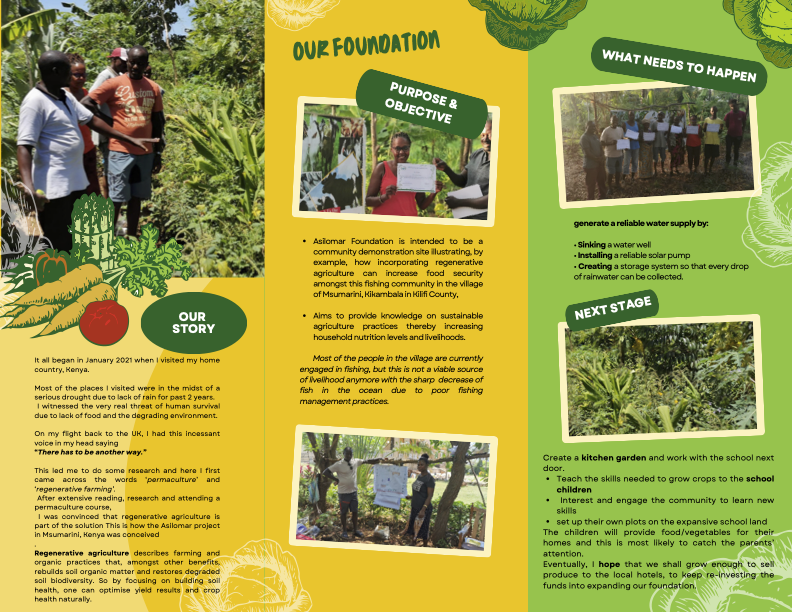
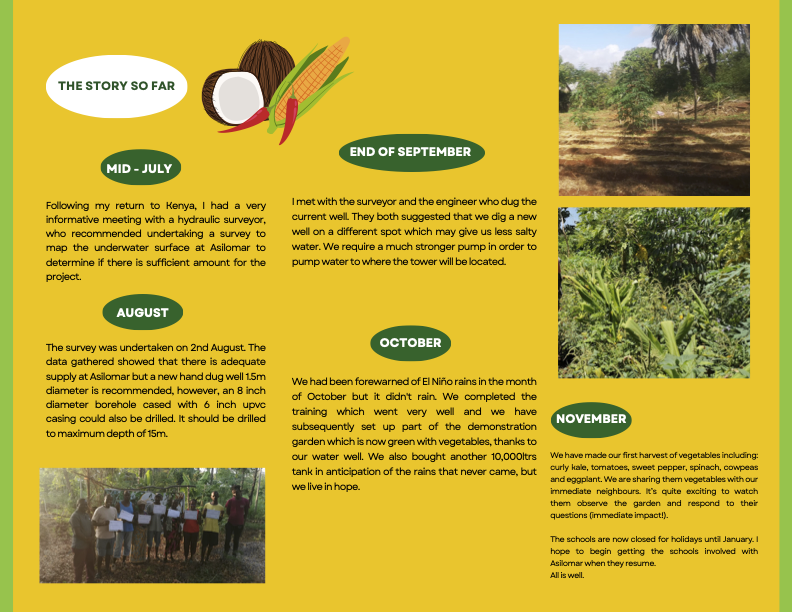
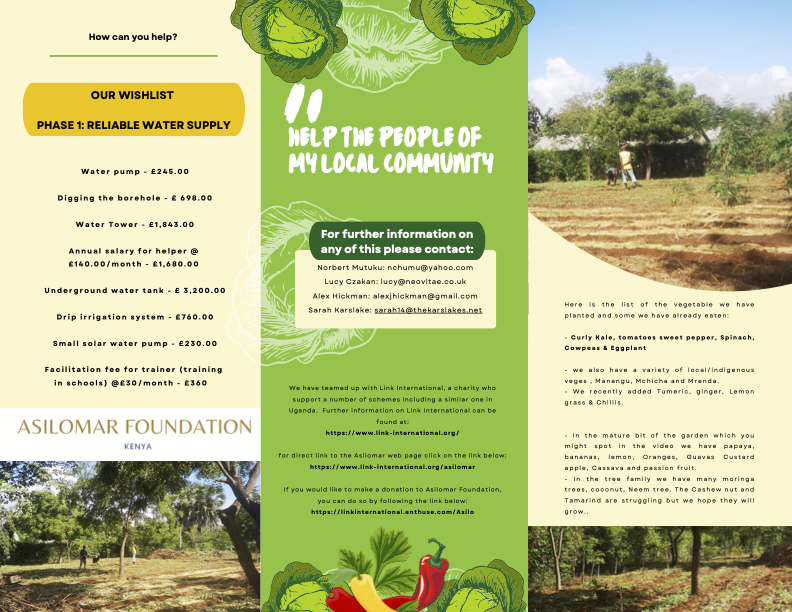
Phased Development
Phase 1
Create an experimental demonstration kitchen garden
Phase 2
Generate a reliable water supply by:
sinking the existing water well deeper
installing a reliable solar pump
creating a storage system so that every drop of rainwater can be collected.
phase 3
Create a kitchen garden and work with the school next door, to teach the skills needed to grow crops to the school children. The children will be taught the skills and set up their own plots and this will provide food/vegetables for their homes. Working with the school children will be easiest way to interest and engage the community.
phase 4
Grow enough to sell produce to the local hotels, providing funds to re-investing into expanding the Kitchen gardens, equipment etc.


